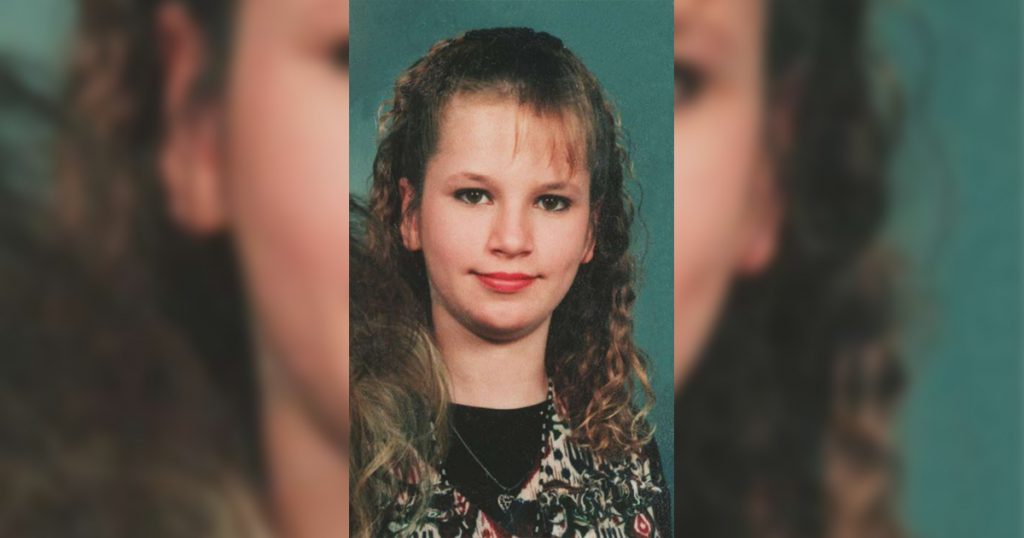AUSTIN – Texas law enforcement agencies have identified suspects in more than 45 unsolved cases thanks in part to the implementation of House Bill (HB) 1399, also known as the Krystal Jean Baker Act. The new law, which took effect Sept. 1, 2019, authorizes the collection of DNA samples from individuals charged with certain felonies and compares the samples through the Combined DNA Index System (CODIS) database in an effort to clear unsolved cases.
“The Krystal Jean Baker Act gives law enforcement an additional tool as we work to keep criminals off our streets, solve cases and see justice served,” said Texas Department of Public Safety (DPS) Director Steven McCraw. “By allowing us to collect and enter DNA evidence from offenders in a much quicker time frame, we are able to make a critical connection to previous crimes committed by the same offender. We are aiming to stop these criminals from committing any other violent acts against innocent people.”
The new law is named after Krystal Jean Baker. In 1996, Baker was just 13 years old when she was abducted, sexually assaulted and killed. DNA evidence was collected at the time of her death, but no arrests were made. In 2010, the perpetrator of Baker’s murder was arrested on an unrelated charge in Louisiana; DNA taken at the time of his arrest linked him to Baker’s murder, and he ultimately pleaded guilty.
“In the short time since Governor Abbott signed this legislation into law, Texas has collected thousands of new samples and made significant progress on unsolved cases. This is just the beginning, and I am optimistic we will build on this success,” said Sen. Brandon Creighton. “I want to applaud Texas law enforcement for their great work implementing the new law so the worst offenders will be off the streets and finally be brought to justice.”
Under the Krystal Jean Baker Act, law enforcement is not required to wait for a conviction to gather DNA evidence — rather DNA can be collected upon a person’s arrest. That means when a person is arrested for a qualifying felony, the new statute allows for their DNA to be collected through a cheek swab and sent to the DPS lab to be entered into CODIS.
“I am pleased, but not surprised, that this legislation has already helped to identify the perpetrators of several unsolved violent crimes,” said Rep. Reggie Smith. “I am grateful for everyone who worked tirelessly to pass the Krystal Jean Baker Act. I believe this legislation will provide for a safer Texas.”
CODIS allows law enforcement agencies to compare DNA evidence from other agencies against offender samples in a nationwide database. Since HB 1399 took effect, dozens of unsolved cases have been aided by DNA matches to arrestee samples. For example, five unsolved cases were aided by a DNA match from four arrest events. Each of these individuals were arrested for another crime, at which time, their DNA was collected, entered into CODIS and ultimately linked to these unsolved crimes. Those charges include:
- Initial arrest for a burglary of habitation and DNA was collected on Sept. 1; the DNA was connected to a 2011 sexual assault.
- Initial arrest for a sexual assault and DNA was collected on Sept. 5; the DNA was connected to a 2019 sexual assault.
- Initial arrest for a theft greater than $2,500 and DNA was collected on Sept. 6; the DNA was connected to a 2011 homicide.
- Initial arrest for sexual assault and DNA was collected on Sept. 29; the DNA was connected to a 2018 sexual assault in Texas, as well as a 2018 sexual assault out-of-state.

